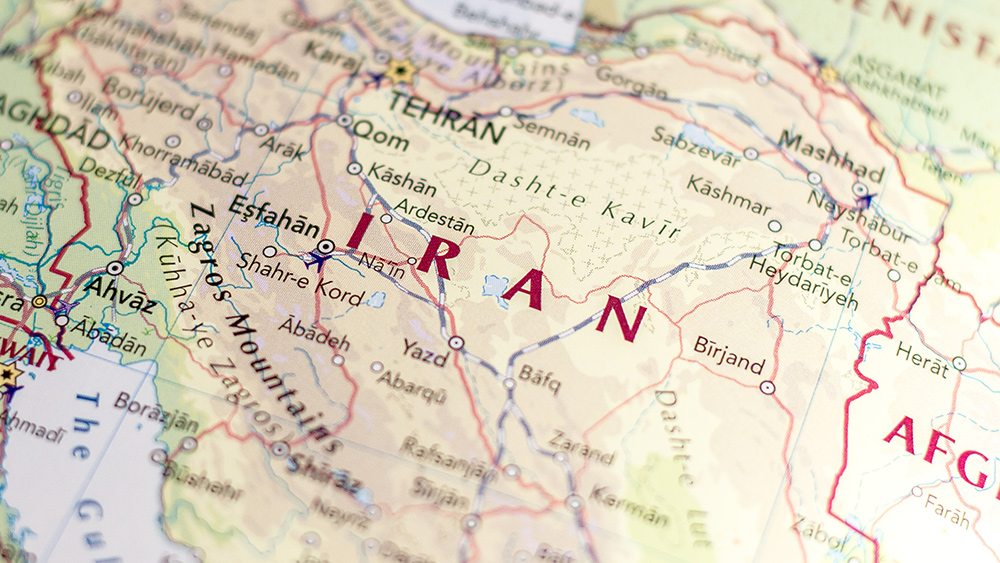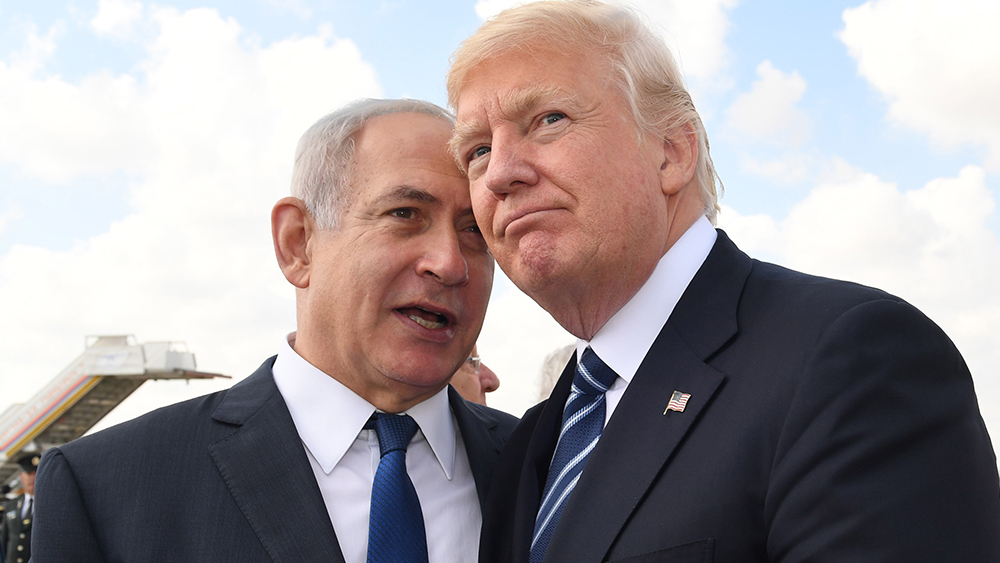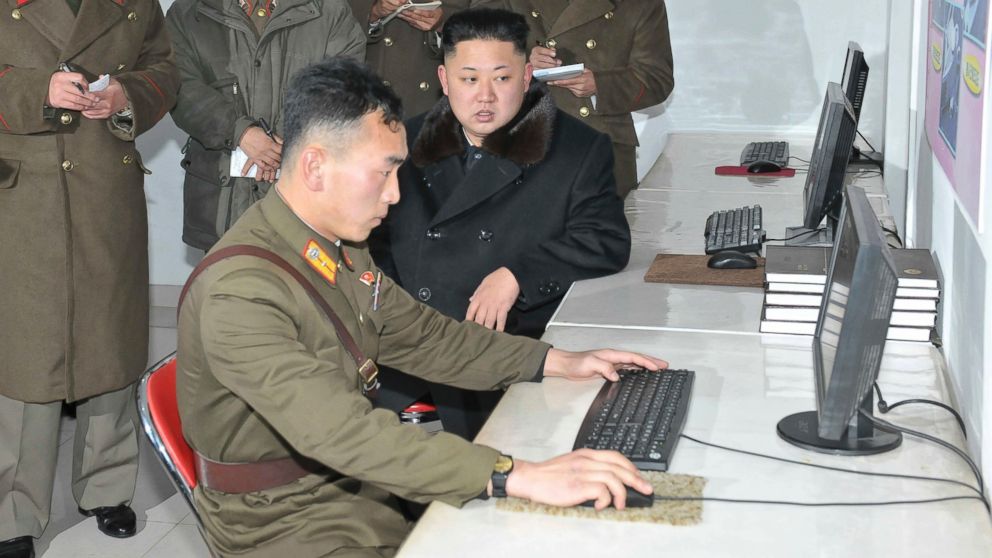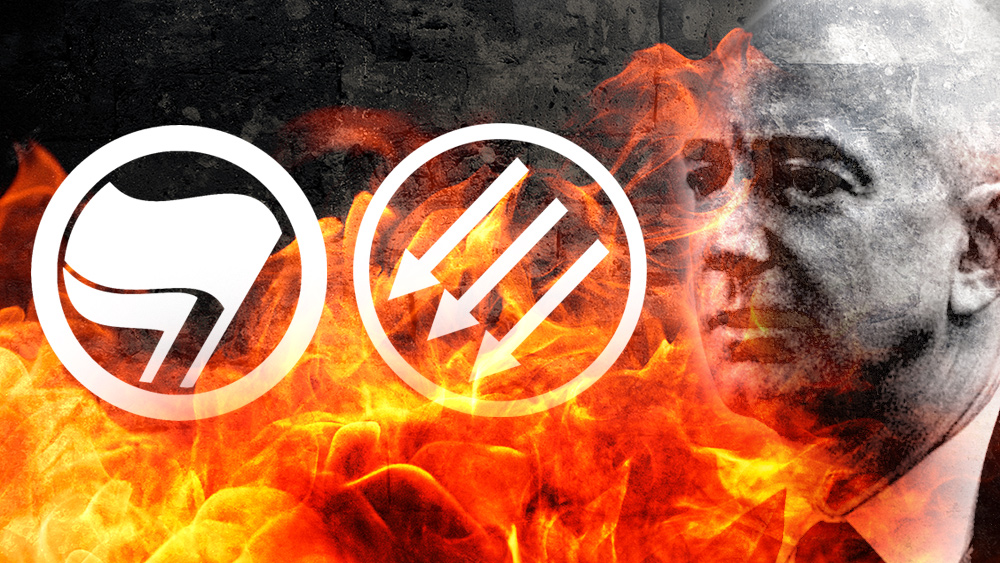 Parler
Parler Gab
Gab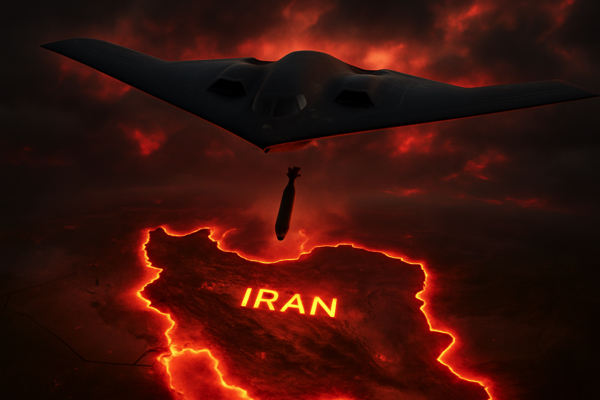
- The U.S. and Israel conducted airstrikes on Iran’s nuclear facilities, violating the Nuclear Non-Proliferation Treaty (NPT) and risking global instability.
- Iran insists its nuclear program is peaceful and under IAEA oversight, with no evidence of weapons development.
- The Trump administration unilaterally abandoned the JCPOA in 2018, reimposing sanctions and setting the stage for today’s escalation.
- Strikes on safeguarded nuclear sites undermine international nonproliferation efforts and could provoke Iranian retaliation.
- The attack exposes Western hypocrisy, as nuclear-armed nations dictate terms while refusing to disarm themselves.
A reckless violation of international law
Iran’s Atomic Energy Organization (AEOI) confirmed that the strikes caused no radioactive contamination, but the political fallout is far more dangerous. By targeting nuclear sites under IAEA monitoring, the U.S. and Israel have effectively declared war on the very institutions meant to prevent nuclear conflict. The NPT, signed by Iran in 1968, prohibits attacks on peaceful nuclear programs—yet Washington and Tel Aviv act as judge, jury, and executioner, bypassing diplomacy in favor of brute force. The hypocrisy is staggering. The U.S. and Israel possess thousands of nuclear warheads, yet they demand Iran—a nation under constant threat of regime change—remain defenseless. As analyst Ardestani argues, "It is essential for nations to match their adversaries' capabilities when facing off." Iran’s alleged pursuit of nuclear weapons, if true, is a direct response to decades of Western aggression, sanctions, and covert operations aimed at destabilizing the country.The JCPOA betrayal and the road to war
The 2015 JCPOA was supposed to be a diplomatic breakthrough, offering Iran sanctions relief in exchange for verifiable nuclear restrictions. Yet the Trump administration torched the deal, not because Iran violated its terms—inspections confirmed compliance—but because hardliners in Washington and Tel Aviv refused to accept any agreement that left Tehran with a civilian nuclear program. By reimposing sanctions, the U.S. violated the JCPOA’s spirit, pushing Iran to resume uranium enrichment. Now, with these airstrikes, the Biden administration has doubled down on Trump’s failed "maximum pressure" strategy, ensuring that diplomacy is dead. The message is clear: the U.S. will only accept total surrender, not negotiated peace.Escalation and the threat of wider war
While the 2015 Iran nuclear deal did not explicitly ban military strikes against Tehran’s nuclear facilities, it was designed to address concerns about Iran’s nuclear program through diplomacy. In 2018, the Trump administration unilaterally pulled the U.S. out of the agreement, accusing Iran of failing to comply and citing its destabilizing regional activities. The move triggered the re-imposition of U.S. sanctions, which Iran condemned as a breach of the deal’s intent. A military strike on Iran’s nuclear sites would not violate the Joint Comprehensive Plan of Action (JCPOA) itself, since the U.S. is no longer a party to the pact. However, such an action could conflict with international norms favoring peaceful conflict resolution and restrictions on the use of force. Experts also warn that targeting facilities monitored by the International Atomic Energy Agency (IAEA) could further erode global nonproliferation efforts and weaken the U.N. nuclear watchdog’s role in verifying compliance with nuclear agreements. Since the airstrikes, Iran has vowed legal action and is preparing to retaliate militarily. The strikes risk triggering a chain reaction, with Tehran’s proxies across the Middle East capable of striking U.S. and Israeli targets in Qatar and Iraq. Worse, the attack sets a precedent: if nuclear facilities are fair game, what stops Iran or others from targeting Israel’s undeclared nuclear arsenal or Iran mobilizing with Russia and China to disarm the US military? Sources include: RT.com NIACouncil.org Web.archive.comIran threatens “FINAL WAR” with Israel as Gaza ceasefire talks gain momentum
By Willow Tohi // Share
Trump to promote the pilots behind Operation Midnight Hammer at 4th of July Celebration
By Lance D Johnson // Share
The Truman Show Collapses: Reality unveiled as global deception falters
By Finn Heartley // Share
Governments continue to obscure COVID-19 vaccine data amid rising concerns over excess deaths
By patricklewis // Share
Tech giant Microsoft backs EXTINCTION with its support of carbon capture programs
By ramontomeydw // Share
Germany to resume arms exports to Israel despite repeated ceasefire violations
By isabelle // Share
